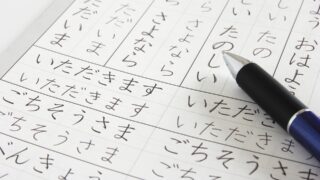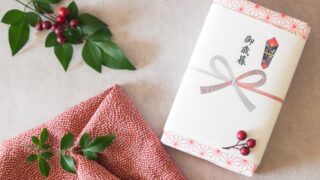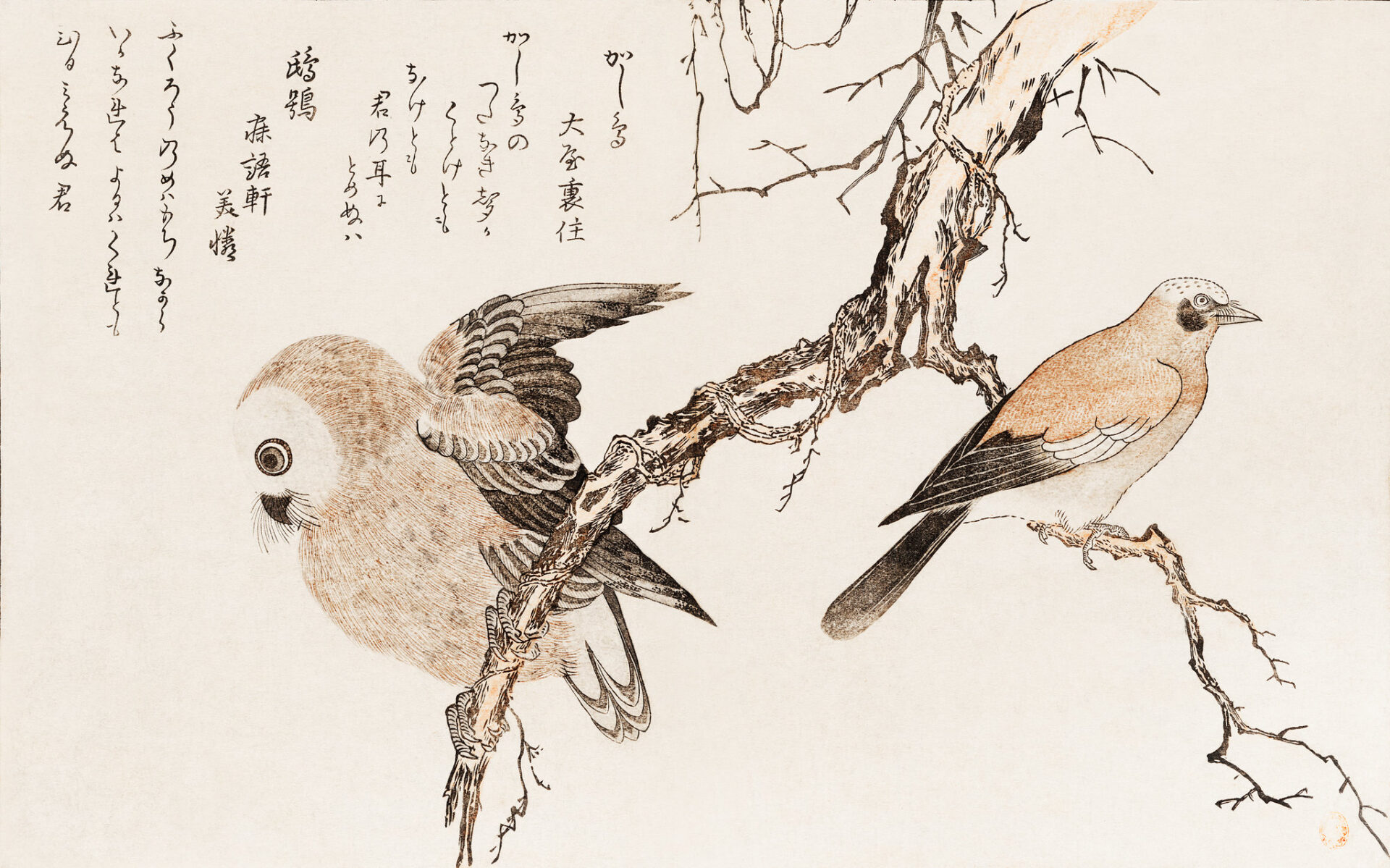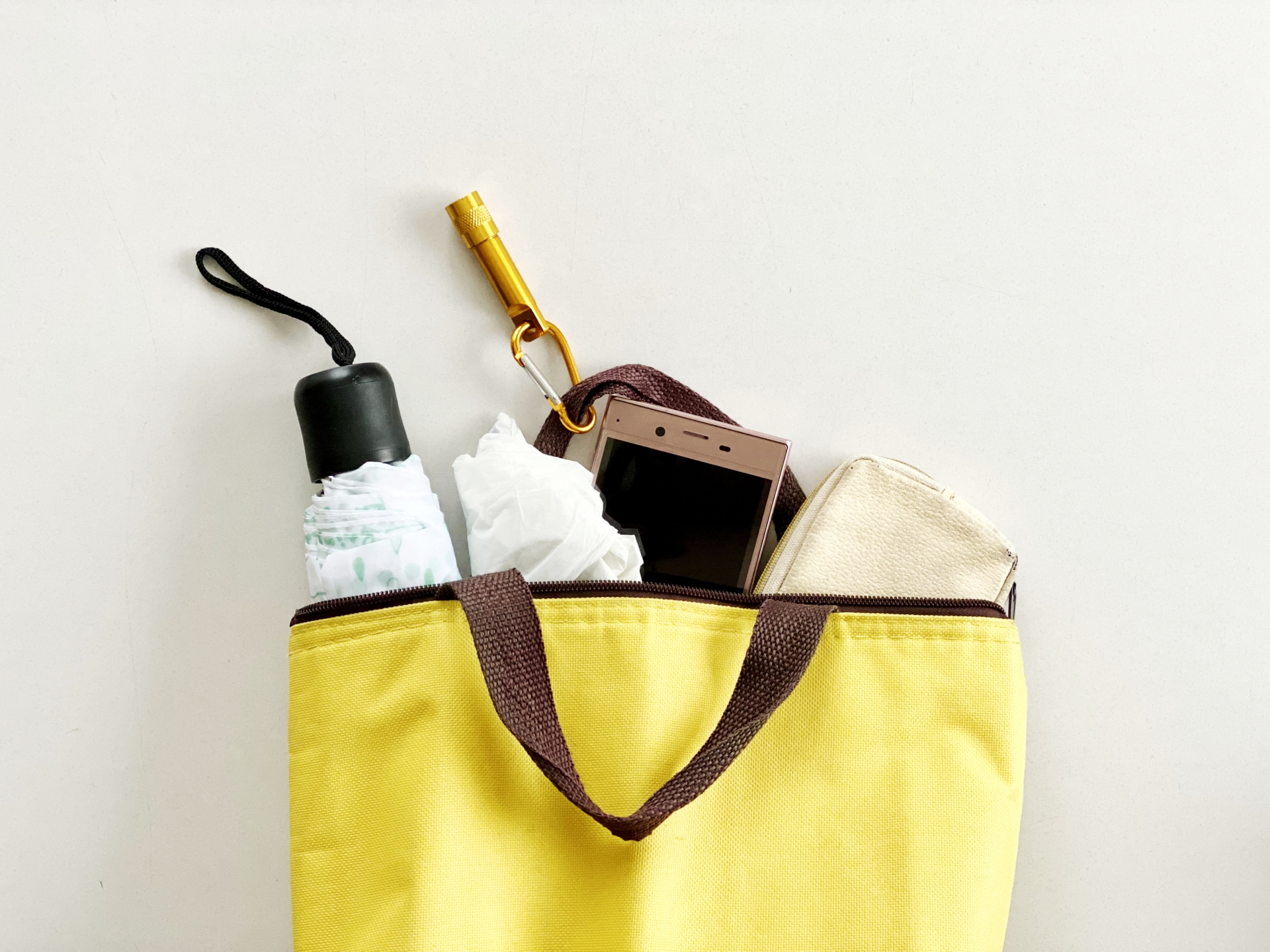
Mao Goto is a Japanese freelancer who was born in Hayama, Kanagawa prefecture, and raised in Tokyo. Since 2016 she lives in the Taito Ward, home to a lot of Japanese culture hotspots such as Asakusa, Akihabara, and Ueno. She has been interested in the field of English education in Japan and got her Master’s degree in March 2020. A lover of photography, travel, sweets, and cross-stitch. Contact her via Facebook.
This post may contain some affiliate links. When you click through and make a purchase we may receive some commission, at no extra cost to you.
A word of gratitude is what you get when you help someone in need or give them a gift of something. The phrase “thank you” exists in all languages. In Japan, the word “Arigato (thank you)” is commonly used in Japanese. There are actually lots of other ways of expressing thanks in Japanese, and all of them are commonly used in Japanese conversation. In this article, we will introduce various thank you phrases that are commonly heard in Japanese conversation.
1. Arigato
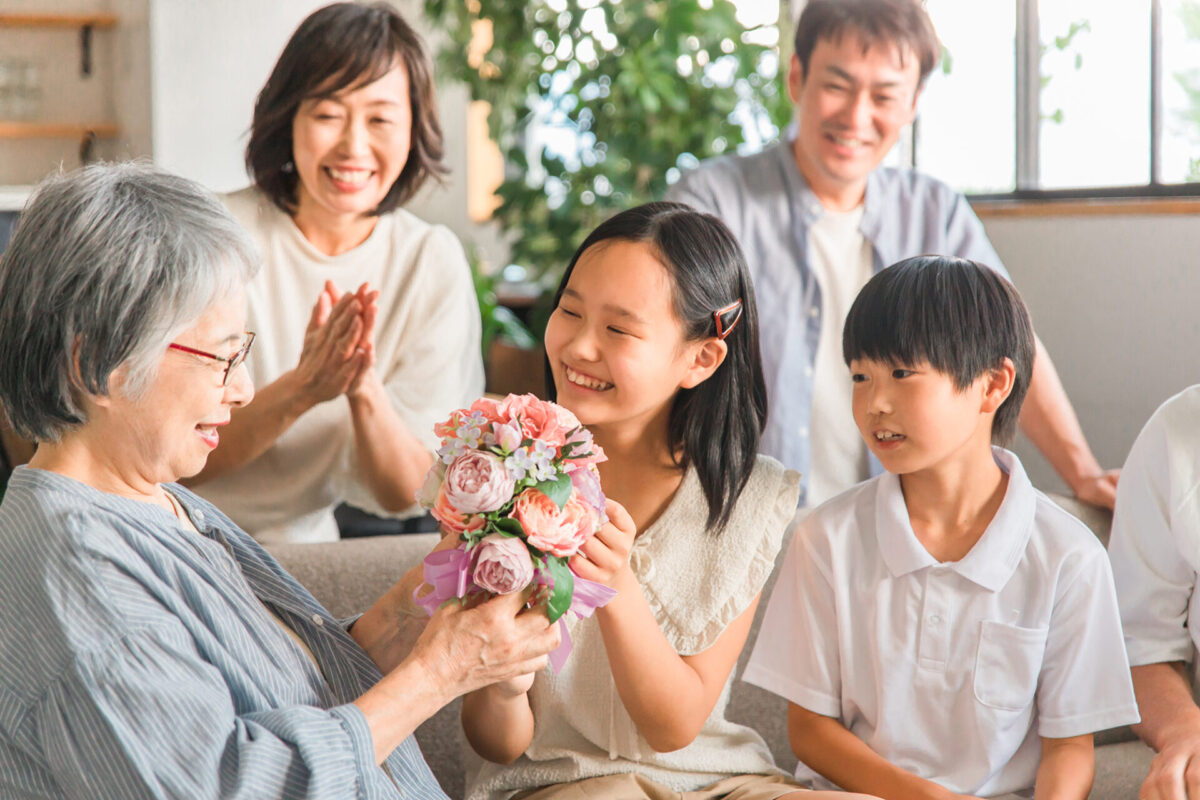
Arigato (ありがとう) is the most basic way to express gratitude to someone in Japanese. Arguably, the word “Arigato” is a commonly known Japanese phrase of gratitude around the world. Therefore, people who haven’t learned the Japanese language before already know this phrase. Arigatou is often used with family and friends because it is relatively frank.
Example dialogue:
A: 田中さん、風呂を沸かしておいたよ。
Tanaka-san, furo wo wakashite oita yo.
(Mr. Tanaka, I prepared a bath for you.)
B: ありがとう。後で風呂に入るね。
Arigato, ato de furo ni hairu ne!
(Thank you. I’ll take a bath later. )
2. Arigato gozaimasu

If you want to thank a superior or an older person with politeness, it is better to use “Arigato gozaimasu (ありがとうございます)”. This is because “gozaimasu” is known as a polite expression, making the whole sentence seem more polite. This phrase is also often used to thank a stranger for helping you out, and is a very useful phrase to remember when you are traveling in Japan.
Example dialogue:
A: すみません、ここへどうやって行くのですか?
Sumimasen, kokohe douyatte iku no desuka?
(Excuse me, how can I get to this place?)
B: ここから200メートル先にあります。
Koko kara ni-hyaku metoru saki ni arimasu.
(It is just 200 meters from here.)
A: 分かりました。ありがとうございます!
Wakari mashita. Arigato gozaimasu!
(Alright. Thank you very much!)
3. Dōmo
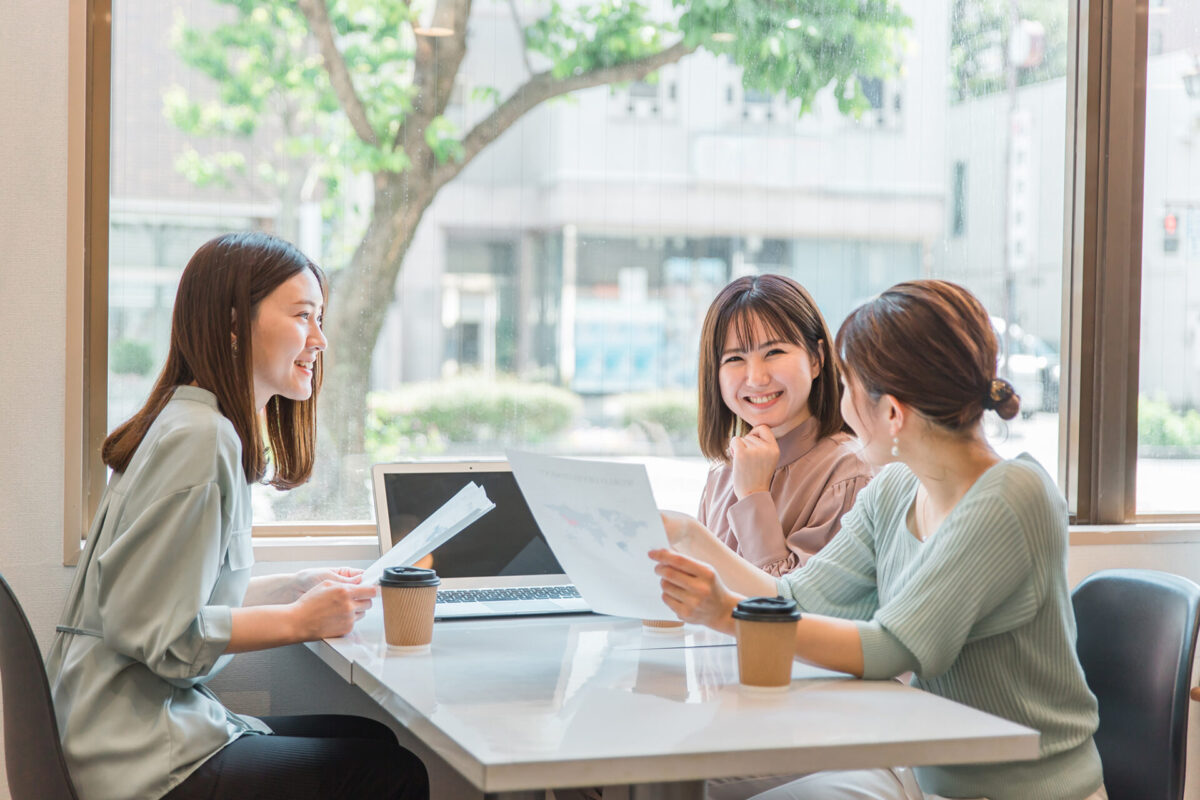
“Dōmo (どうも)” is a more informal way of saying “arigato”. It is often used between close colleagues and business partners with whom one has had many transactions, and is a casual way of expressing gratitude. However, it is too frank and may give a rude impression when used with superiors or people of higher status.
Example dialogue:
A: おみやげを買ってきたのでよかったらどうぞ。
Omiyage wo katte kita node yokattara douzo.
(I bought a souvenir for you, here you are.)
B: あら、どうも!
Ara, dōmo!
(Thanks!)
4. On ni kimasu

“On ni kimasu (恩に着ます)” is one of the thank-you phrases that indicates that you are grateful to receive a favor from the other person. It is often used in business between close colleagues and friends, and has the nuance of “thank you for your help. For example, you can use this phrase when you are unable to finish your work and a colleague sees this and offers a helping hand.
Example dialogue:
A: 斉藤さんがこの書類の印刷してくれたおかげで会議がうまく行ったよ。恩に着るよ。
Saitou-san ga kono shorui wo innsatsu shite kureta okage de kaigi ga umaku ittayo. On ni kiruyo.
(Thanks to you for printing this document, the meeting went well. I owe you.)
B: 助けになれてよかったです。
Tasuke ni narete yokatta desu.
(I’m glad I could be of help.)
5. Arigatai desu
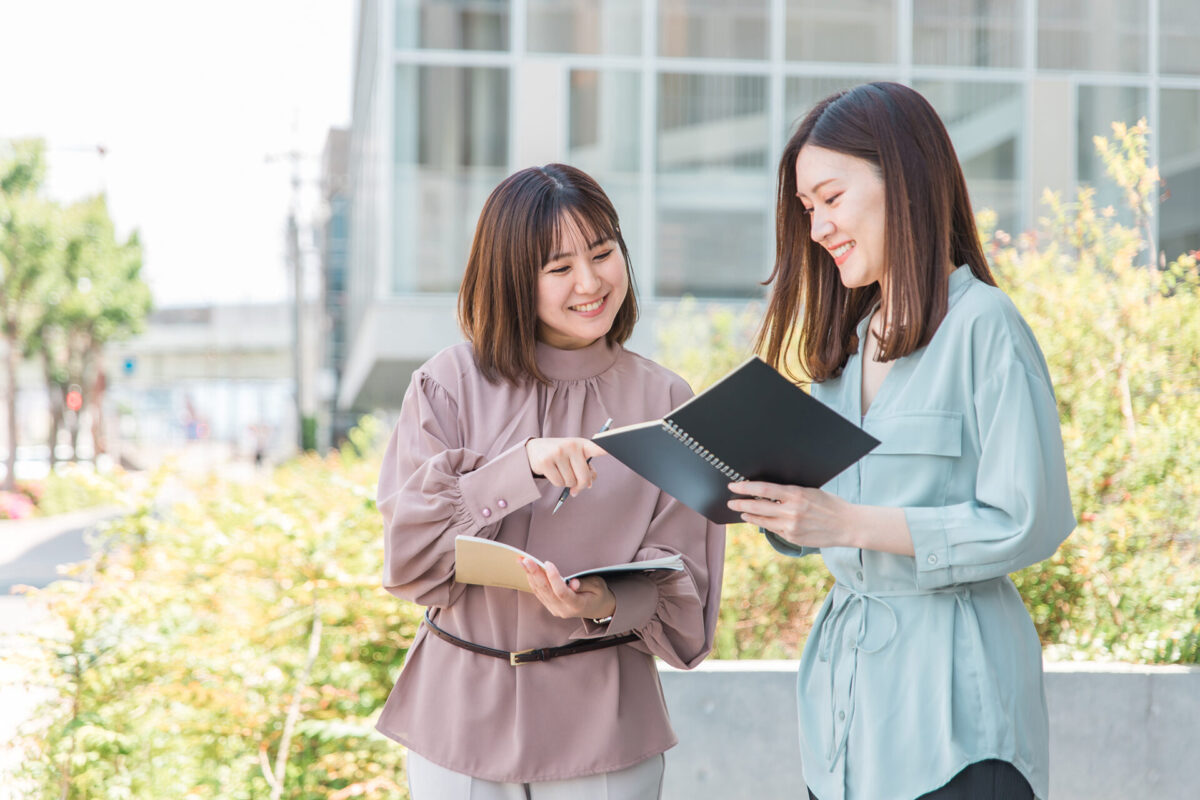
One of the more casual honorific phrases, “Arigatai desu (ありがたいです) ” is often used among close friends. The word “arigatai” includes the meaning “to be thankful for someone’s favor, which is rare,” and has the nuance of “your help is really helpful”. In business situations, it is considered to be a phrase to avoid as much as possible, especially with superiors and business partners.
Example dialogue:
A: 教育専門家のあなたから助言を頂けるとはとても有り難いです。是非聞かせてください。
Kyouiku senmonka no anata kara jyogen wo itadakeru toha totemo arigatai desu. Zehi kikasete kudasai.
(I would be very grateful for advice from you as an education expert. I would love to talk to you about it.)
B: いえいえ、少しでもあなたの助けになれたら嬉しいです。
Ieie, sukoshi demo anata no tasuke ni naretara ureshii desu.
(No worries, I am happy to help you in any way I can.)
6. Tasukari masu

When you ask someone for a favor or something and they accept your request, the phrase “Tasukari masu (助かります)” is often used to express gratitude. It is often used among friends and colleagues. Avoid using this phrase with superiors or business partners, as it may be taken as a way of saying, “Please do it so that I don’t have to bear much of the burden”.
Example dialogue:
A: すみません、茶色の革の財布を落としてしまったのですが、ここに届いていませんか?
Sumimasen, chairo no kawa no saifu wo otoshite shimatta no desu ga, koko ni todoite imasenka?
(Excuse me, I dropped my brown leather wallet, but has it arrived here?)
B: では、急いで届いているかお調べ致しますね。
Dewa, isoide todoite iruka oshirabe itashi masu ne.
(Well, then let me quickly check if it has arrived.)
A: ありがとうございます。助かります。
Arigatou gozaimasu. Tasukari masu.
(Thank you very much. That’s helpful.)
7. Katajike nai
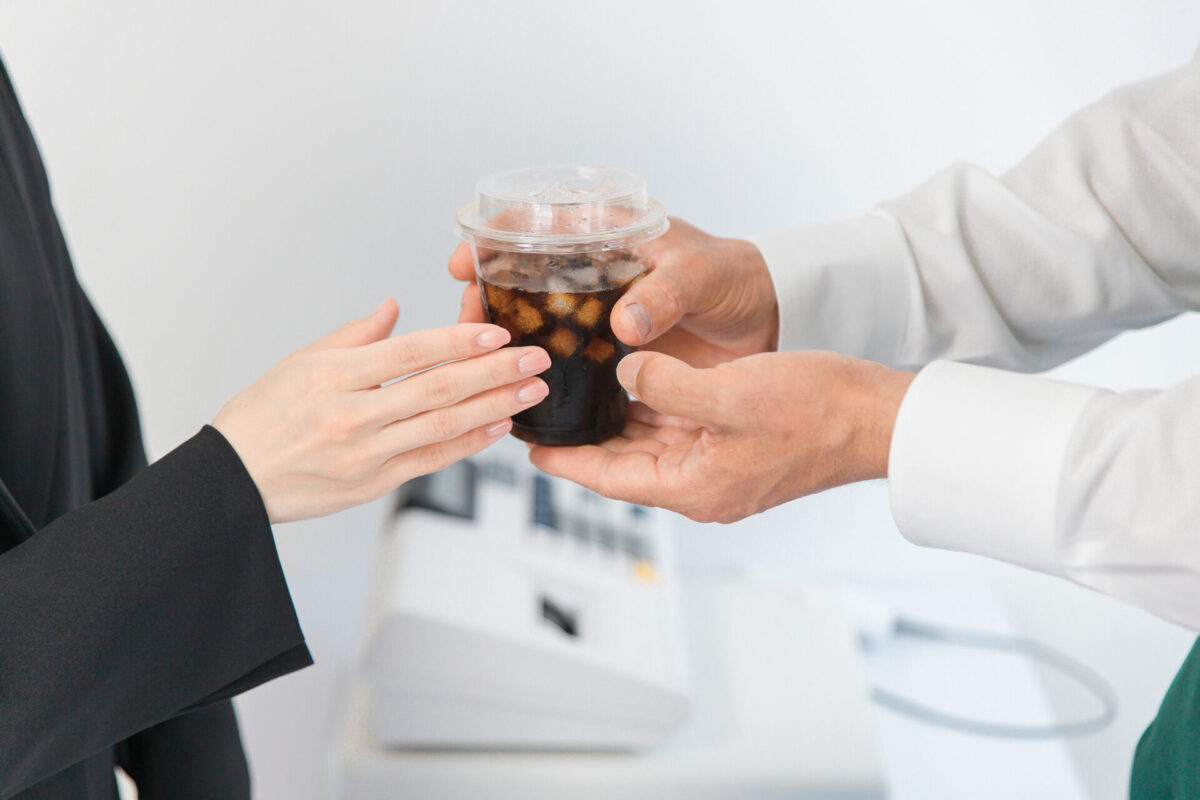
“Katajike nai (かたじけない)” is not a phrase frequently used in Japanese conversation, but in historical dramas that broadcast on television, samurai and warriors often say the line “Katajike nai” when they are expressing gratitude. The word is said to have already existed in the Heian period and originally meant “I am awed”. It can be said to superiors or business partners as a way of humbling oneself and expressing gratitude for the other person’s favor. On the other hand, it is not often used between friends or close colleagues, as it sounds too formal.
Example dialogue:
A: よかったらコーヒーとお菓子はいかがですか?
Yokattara kōhī to okashi wa ikaga desu ka?
(Would you like to have coffee and sweets?)
B: おお、かたじけない。
Oo, katajike nai.
(Oh, thank you very much.)
8. Sumimasen
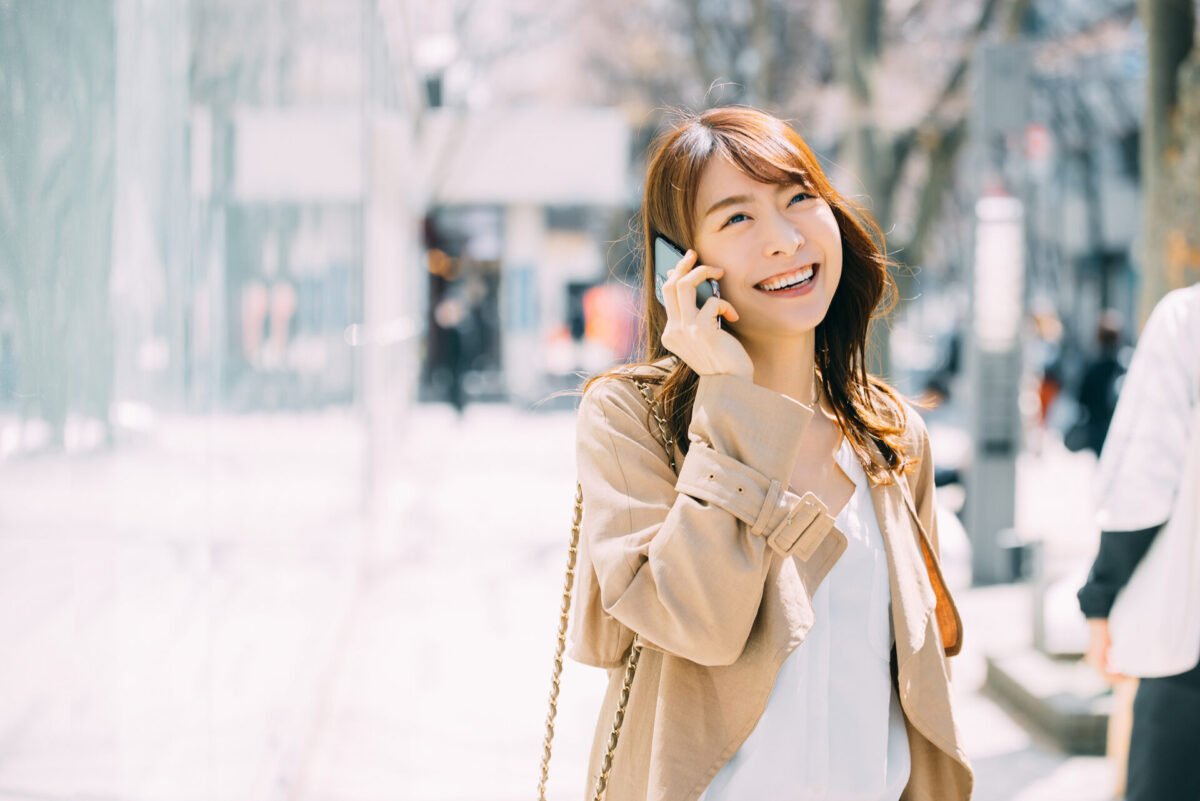
“Sumimasen” is a phrase you can use when you want to apologize for a mistake you made or to thank someone for their kindness. However, it does not have the same nuance as “gomennasai (I’m sorry)” or “arigatou (thank you)”. When someone does something for you, “sumimasen” is used to express gratitude and a light apology for putting a burden on the other person.
Example dialogue:
A: 今からコンビニに行くけど、あなたの買ってきてほしいものある?ついでに買っておくよ。
Imakara konbini ni ikukedo, anata no katte kite hoshii mono aru? Tsuide ni katte okuyo.
(I’m going to the convenience store now, but is there anything you want me to buy for you? I’ll buy it while I’m out.)
B: あぁ、すみません!じゃあバニラアイスをお願いします。
Aa, sumimasen! Jyaa banira aisu wo onegaishimasu
(Oh, thank you! Then I’ll have vanilla ice cream, please.)
9. Kansha moushiage masu
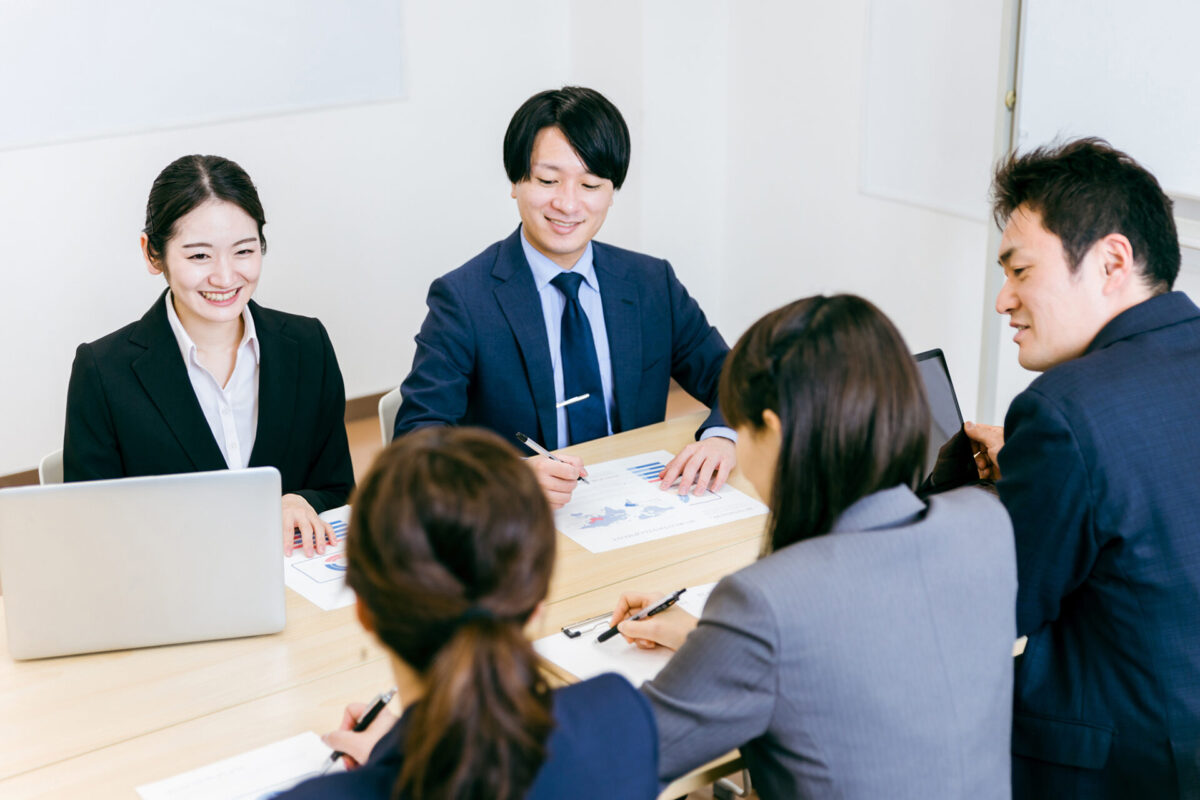
“Kansha moushiage masu” is a phrase that can be used to express gratitude in formal situations such as business. It is often used to give a polite impression to superiors or business partners. Adding “kokoroyori (心より, sincerely)” to the beginning of the sentence makes the entire sentence sound more polite.
Example dialogue:
A (Conference moderator) : この度はお忙しい中こちらの会議に御参加頂きまして、心より感謝申し上げます。 本日の議題は・・・
Konotabi wa oisogasgii naka kochira no kaigi ni gosanka itadakimashite, kokoroyori kansha moushiage masu. Honjitsu no gidai wa…
(I would like to thank you for taking time out of your busy schedule to attend this meeting.
Today’s agenda is….)
10. Gokurousama desu

“Gokurou-sama” is a phrase to express gratitude for something the other person has done for you, even if it is at the expense of you. For example, this phrase can be used to thank the delivery person who brought your package to your door. You can also use this phrase in business situations, but there is a rule that you should not say it to someone above you because it makes you sound arrogant.
Example dialogue:
A: お届け物です。こちらにサインをお願いします。
Otodoke mono desu. Kochira ni sain wo onegai shimasu.
(Here is delivery for you. Please sign here.)
B: ではこちらにサインしますね。いつも配達ご苦労さまです。
Dewa kochira ni sain shimasu ne. Itsumo haitatsu gokurousama desu.
(Then I’ll sign here. Thank you always for your delivery service.)
In this article, we have introduced various Japanese phrases for expressing gratitude. Of course, there are many other ways to say thank you in Japanese. If you are interested, pick up a Japanese language study textbook! Learning various ways to say thank you in Japanese will definitely be very useful in daily life as well as in business situations. It is very useful to be able to use the above phrases, but if you are in doubt, simply use “Arigatou gozaimasu”. That is a very easy-to-use phrase of thanks that can be used in any situation and with any person of any status. No one will look at you in a bad way when they hear you say thank you. Learn a variety of thank you phrases and express your gratitude to others in plenty of ways.
Japan Wonder Travel Tours
Japan Wonder Travel is a travel agency that offers guided tours throughout Japan.
From private walking tours to delicious Food and Drink tours, we can help you organize the best tours just for you! If you want to explore Japan and learn more about the history and backstories of each area you are visiting, our knowledgeable and friendly English speaking guides will happily take you to the best spots!
In addition, we can provide you with any assistance you may need for your upcoming trip to Japan, so please feel free to contact us if you have any questions or need some help!
▶Tokyo Tsukiji Fish Market Food and Drink Tour
Explore the most lively and popular fish market in Tokyo and try some of the local’s favorite street foods and sake with one of our friendly and knowledgeable English speaking guides!

▶Tokyo 1–Day Highlights Private Walking Tour (8 Hours)
There’s no better way to explore an area than taking a tour with a knowledgeable local guide. You will have the chance to learn about the history and interesting background stories of Tokyo, as well as discover some hidden gems which can be hard to do without a guide.
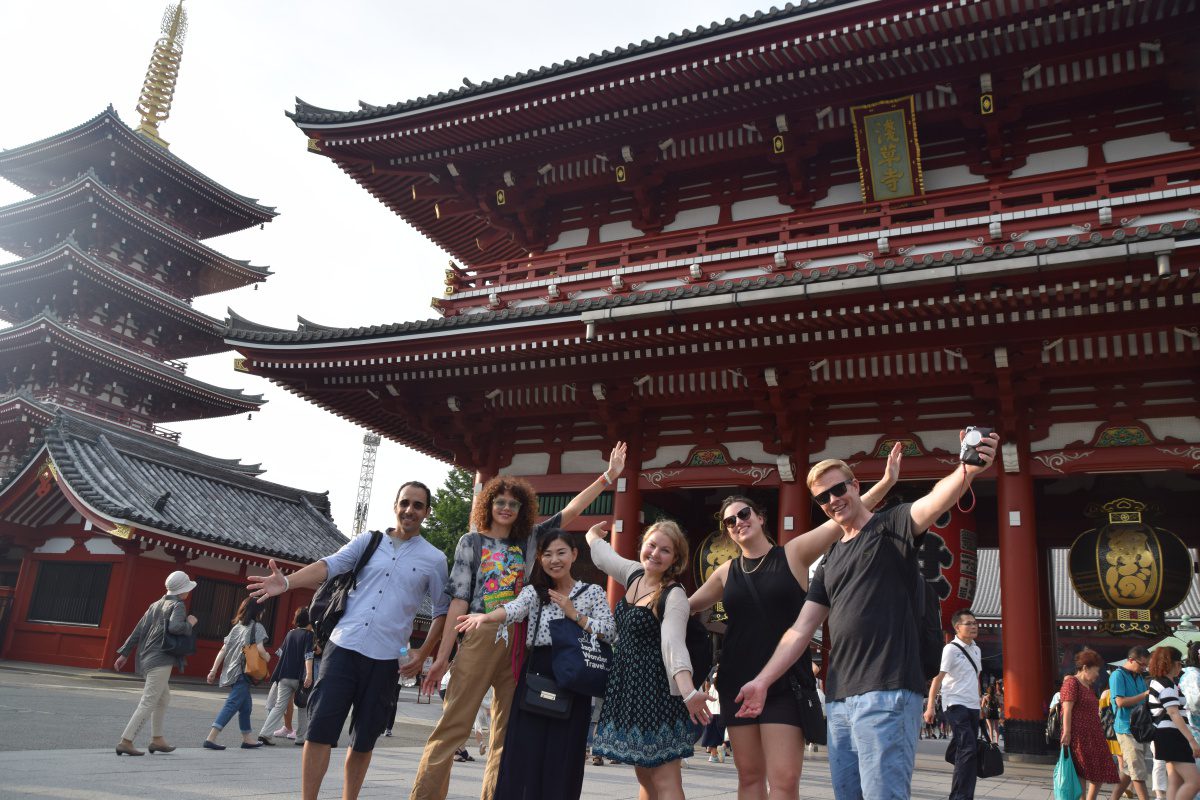
▶Mt. Fuji Day Trip Bus Tour from Tokyo
Experience the breathtaking views of Mt. Fuji by visiting the highlights of the area on our guided sightseeing bus tour! Departing from Shinjuku in central Tokyo, you can travel comfortably to all of the best spots in the area by bus.
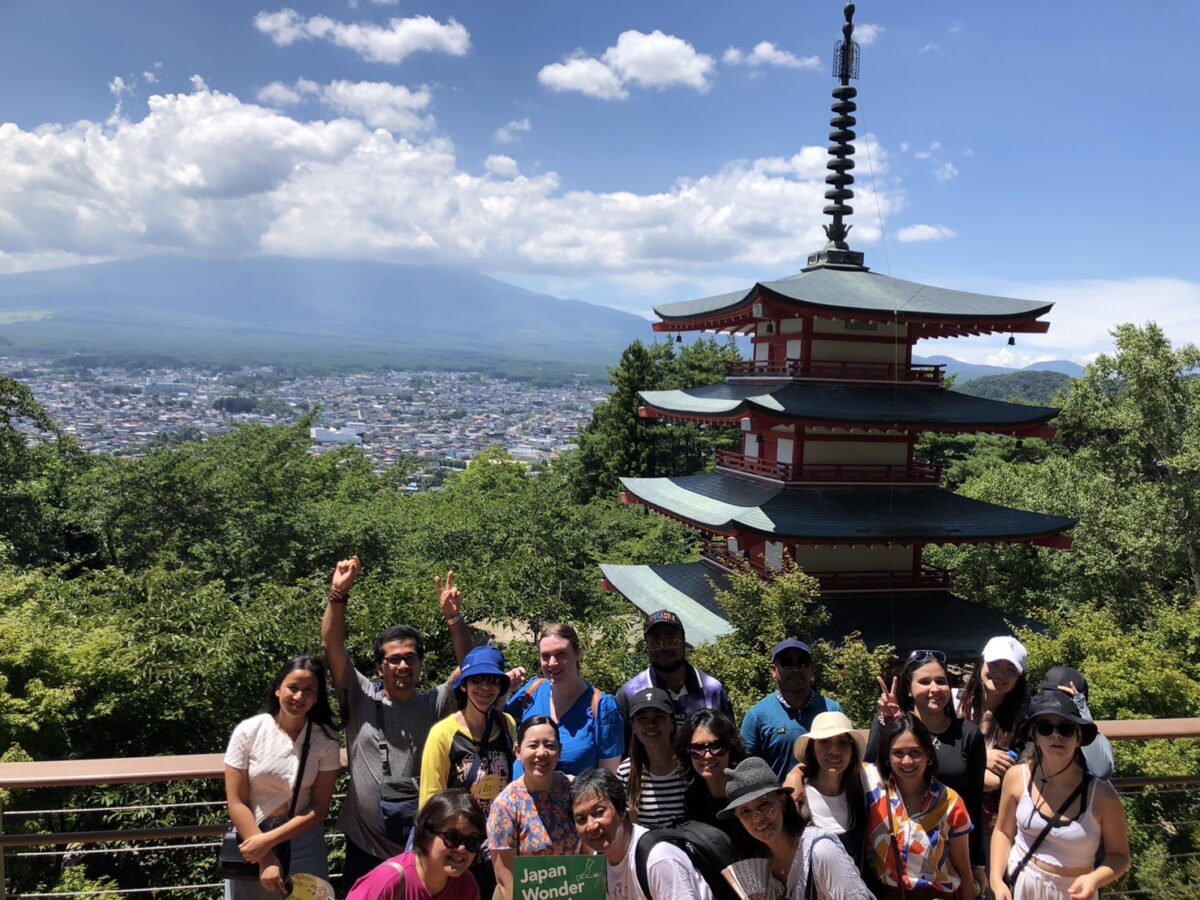
▶Kyoto Private Full Day Walking Tour
On this full-day private tour of Kyoto, you will be able to see the highlights of Kyoto in just one day and at the same time develop a deeper understanding of both the culture of the area and Japan as a whole.
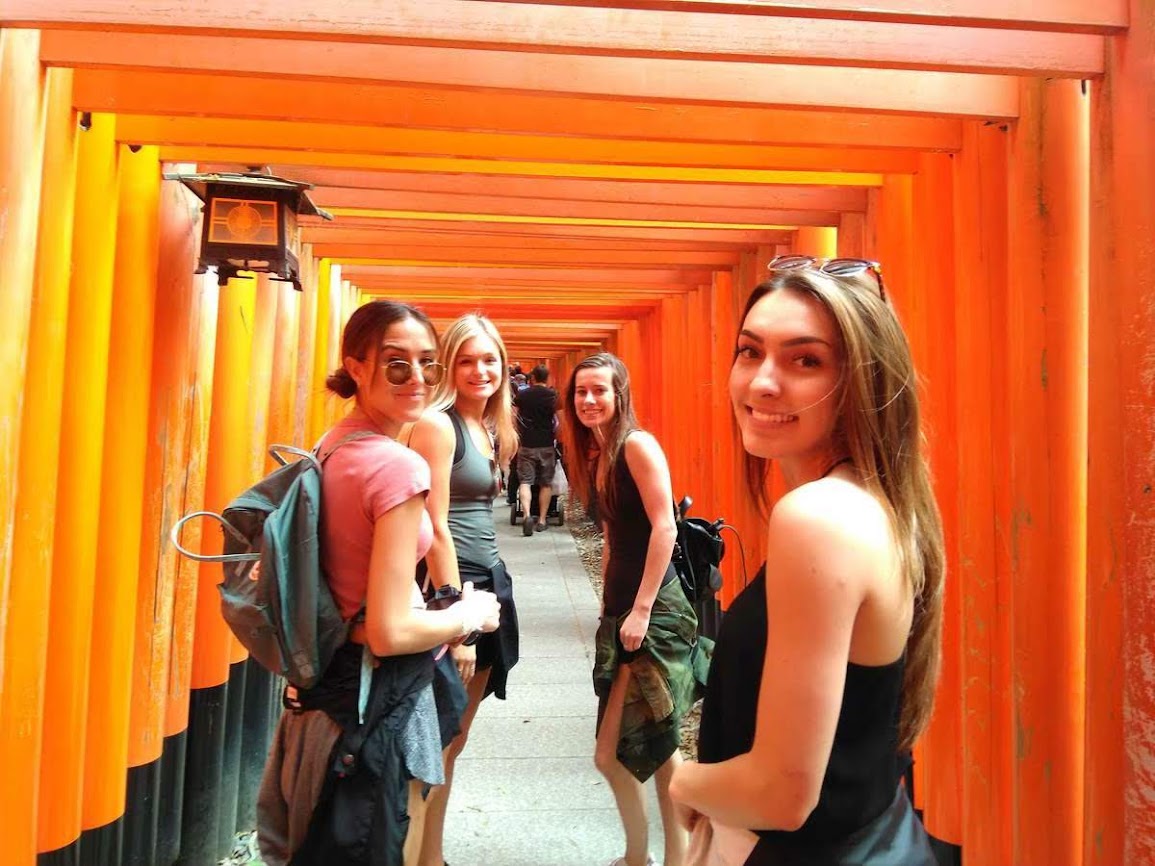
Follow us on Instagram, Facebook, Twitter, and TikTok for more travel inspiration. Or tag us to get featured!
Happy traveling!
Stay informed of the best travel tips to Japan, the most exciting things to do and see, and the top experiences to have with the Japan Wonder Travel Newsletter. Every week we will introduce you to our latest content.

